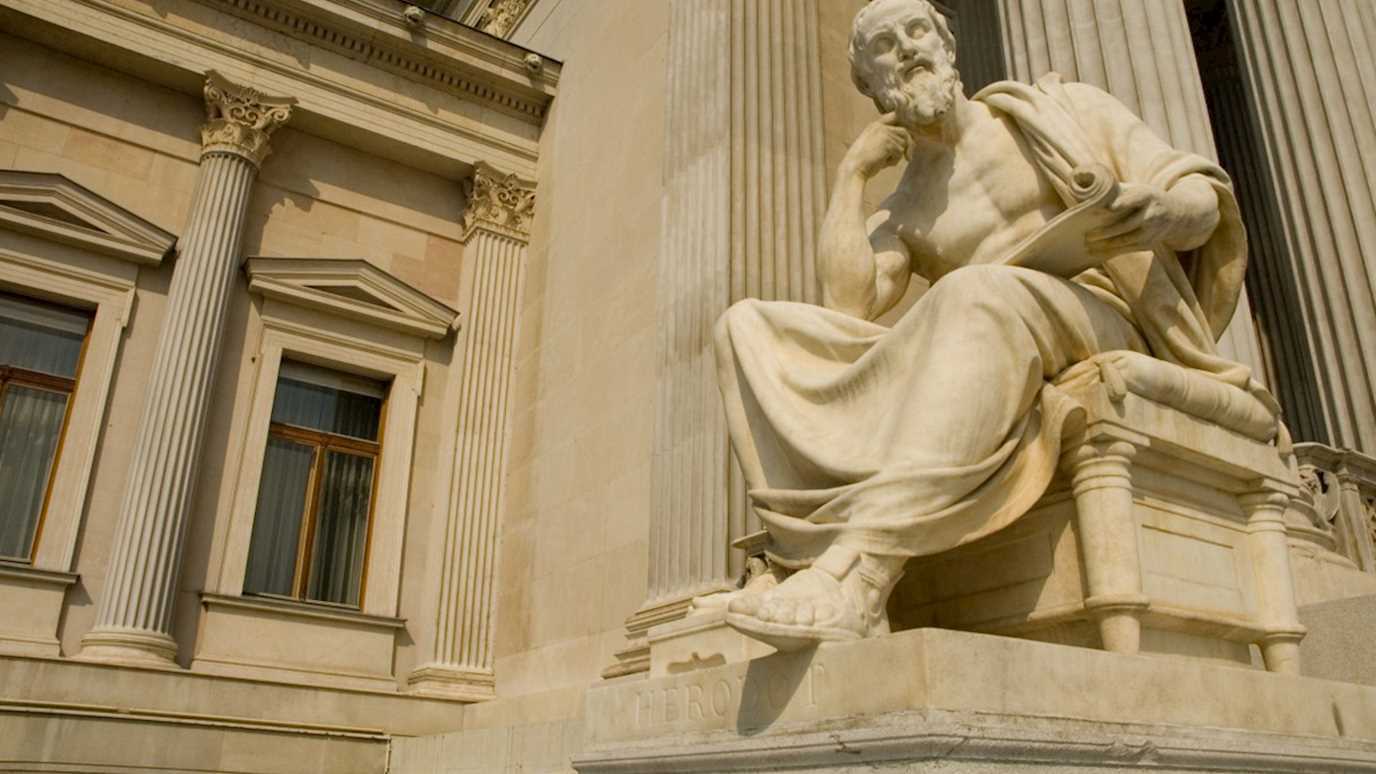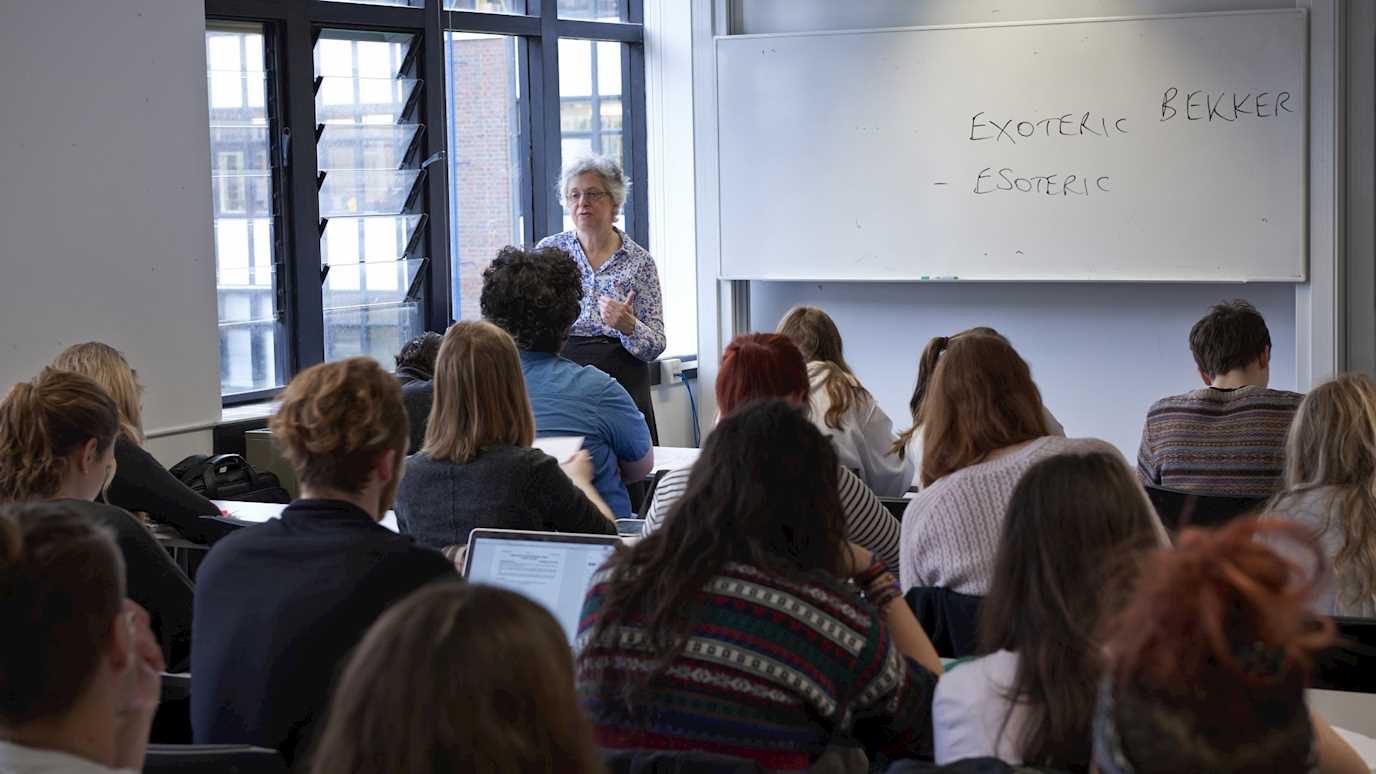Deleuze’s Nietzsche on ‘becoming what one is’
Royal Holloway's Contemporary Political Theory Research Group will be hosting a talk by Dr Sean Bowden of the Philosophy Department at Deakin University, Australia. Sean has published extensively on the work of Gilles Deleuze, and also on the relation between Deleuze’s philosophy and pragmatist philosophy. Details of the talk are below and all are welcome.
Date: Friday, 28 September 2018
Time: 5-6:30pm
Location: Senate House, University of London, room 104
Title: Deleuze’s Nietzsche on ‘becoming what one is’
Abstract: In Nietzsche and Philosophy, Deleuze claims that, for Nietzsche, thought and reality are the product of relations between pre-individual and pre-subjective forces – relations whose differential and genetic condition is what Nietzsche calls ‘the will to power’. Deleuze then argues that Nietzsche draws on this ontology of force relations to illuminate both the historical development of nihilism and its potential to be overcome. As part of this argument, Deleuze also develops novel accounts of a number of Nietzschean notions bound up with the idea of overcoming nihilism: the affirmation of the eternal return, the overman, transvaluation, and so on. While this is an rich and philosophically interesting reading of Nietzsche (albeit one that is not so much a faithful account of Nietzsche as a line of thought lying at the intersection of Nietzsche’s and Deleuze’s philosophical concerns), there are a number of aspects of Nietzsche’s thought that Deleuze does not touch upon, and whose compatibility with an underlying ontology of forces is not at all obvious. In particular, it is difficult at first glance to reconcile the Nietzschean task of ‘becoming what one is’ – along with its attendant notions of self-creation, giving style to one’s character, autonomy, etc. – with an ontology of pre-subjective forces that appears to treat the thought of the one becoming whom they are as epiphenomenal. The aim of this paper, then, is to come to grips with what Deleuze’s Nietzsche might mean by ‘becoming what one is’. I will proceed as follows. First, I will outline the main claims of Nietzsche and Philosophy. Second, I will discuss the concepts and claims from which the Nietzschean notion of ‘becoming what one is’ is inseparable. Third, I will offer an account of this notion in terms of the ontology of forces developed in Nietzsche and Philosophy, but also by drawing on the later Deleuzian notion of ‘becoming worthy of what happens to us’, to be found in The Logic of Sense. Finally, by way of conclusion, I will gesture to divergent treatments of the notion of ‘becoming what one is’ in the recent literature on Nietzsche and argue that a Deleuze-inspired account might offer a way to bridge these divergences.
Bio: Sean Bowden is Lecturer in Philosophy at Deakin University, Australia. He is the author of The Priority of Events: Deleuze’s Logic of Sense (Edinburgh UP 2011), and the co-editor of Deleuze and Pragmatism (Routledge 2015 – with Simone Bignall and Paul Patton) and Badiou and Philosophy (Edinburgh UP 2012 – with Simon Duffy). His work has appeared in the European Journal of Philosophy, Angelaki, Critical Horizons, Journal of Speculative Philosophy, Deleuze Studies and elsewhere.
























